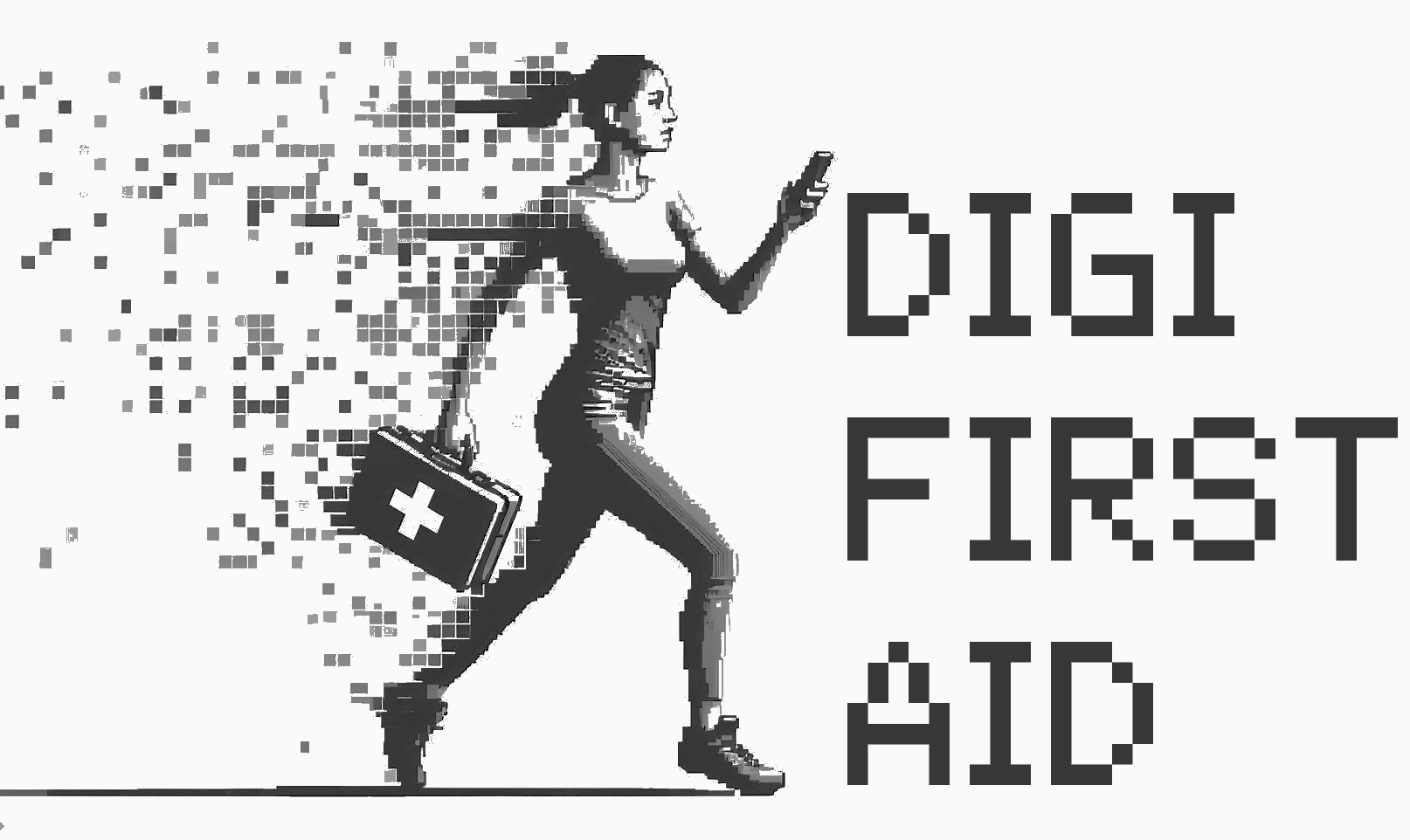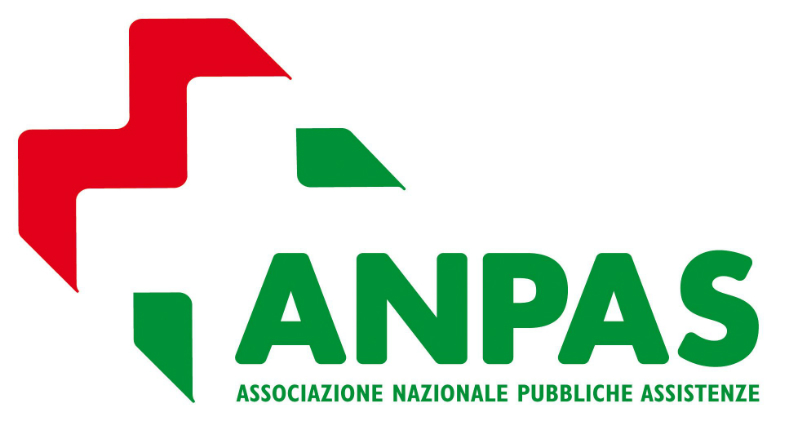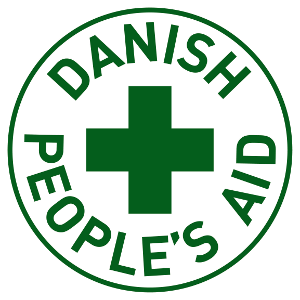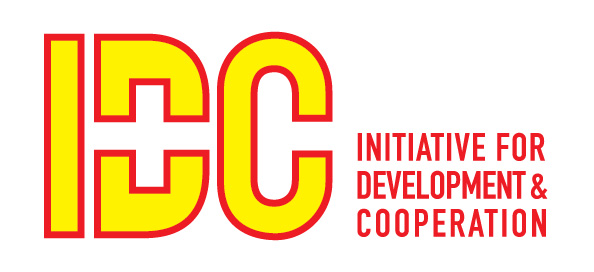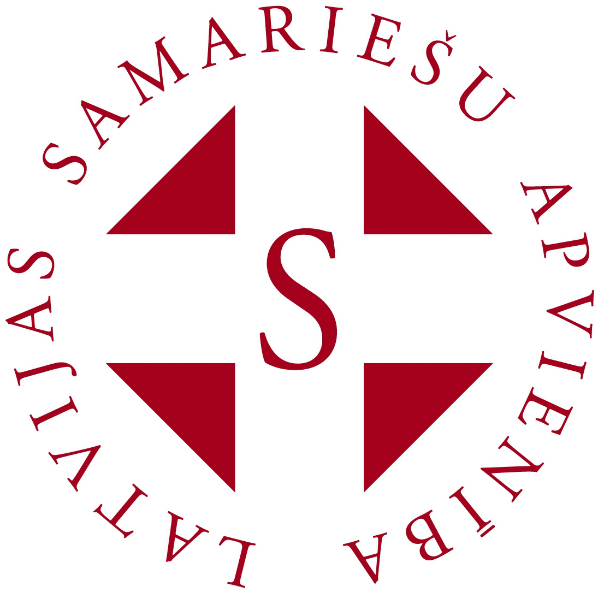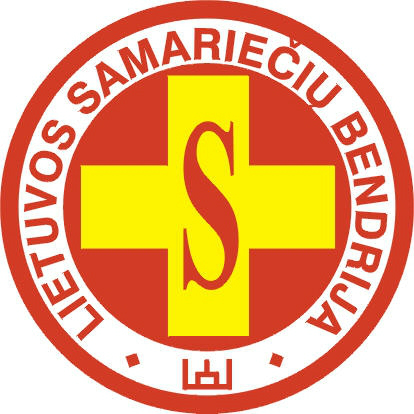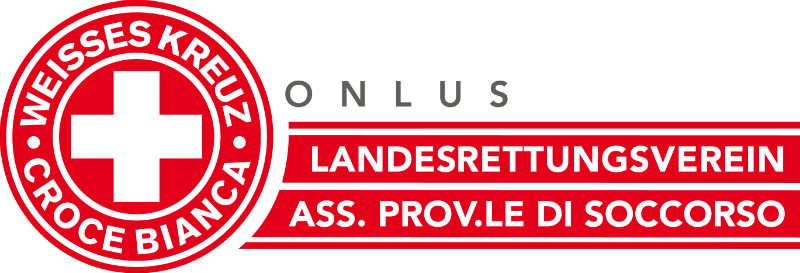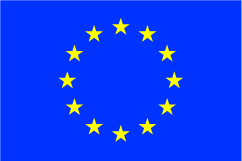Note on Lessons Learned: Danish People’s Aid
Posted on |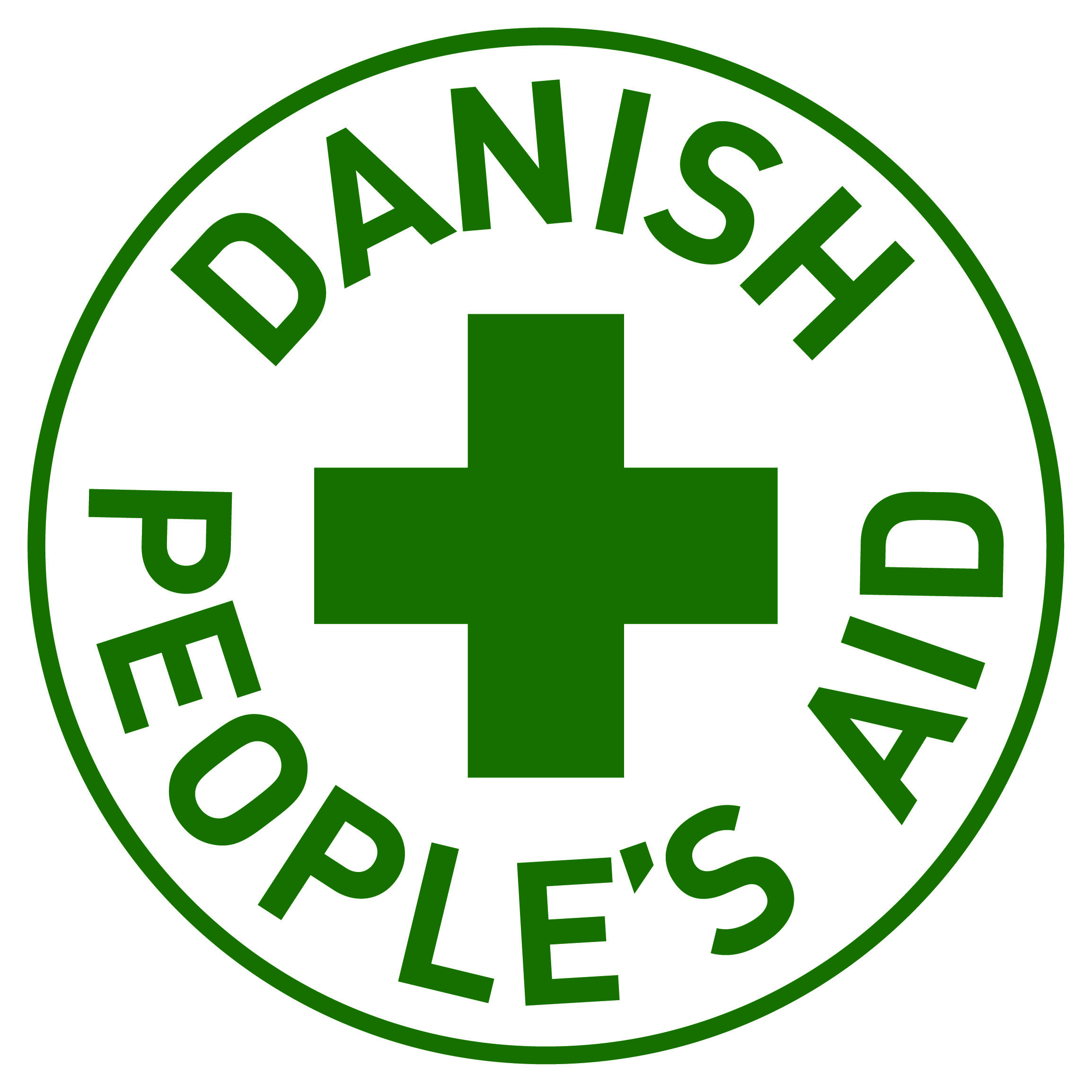
Danish People’s Aid has been very interested in the work in the Erasmus+ project “DIGIFIRSTAID”. We have considered electronic teaching material, but have not known how to approach it. Should it be the general first aid that we offer to companies and individuals – or should it be in the training of our volunteers? The project has made us more aware of the possibilities that exist.
In Latvia, we saw how they had good experiences with blended learning in their most recent attempt at digitalisation. We also saw their first attempt with videos recorded by a professional agency and heard about their covid-19 experiences where an instructor had reviewed the theory online and the trainees had then come individually and practised the practical skills. The experiences from their attempts with professional film were discouraging in that they demonstrated the pitfalls of using this particular medium for first aid training. Video recordings must be ultra-precise and things that are considered self-explanatory can be misunderstood when non-first aid experts watch the videos.
In contrast, there was great inspiration from ANPAS in Italy. Here we were shown how, during the covid pandemic, learning had also been done for volunteers using programs that can be bought relatively cheaply. At the same time, there was easy support and an easy user interface for both administrators and volunteers.
Also in Italy, at Weisses Kreuz, we were shown another example of blended learning. Here it was the European Resuscitation Council’s concept that was used. The program seemed very voluminous and not as easy to understand as the one ANPAS used.
It is clear that regardless of which model is chosen, considerable resources must be allocated both for the decision-making process, selection of programs, development of the material, support for volunteers and continuous follow-up.
It will therefore rather be a question of accessibility and that it is easy for the course participants than a question of resources for us as an organisation. If there are any resources to save at all, it will only be at a much later stage when the implementation has been fully completed.
However, after being part of this Erasmus+ programme, we have decided to investigate the programs Ilias and Moodle. Both seem like manageable opportunities to get started and gain experience with e-learning, not least for e-learning intended for volunteers.
